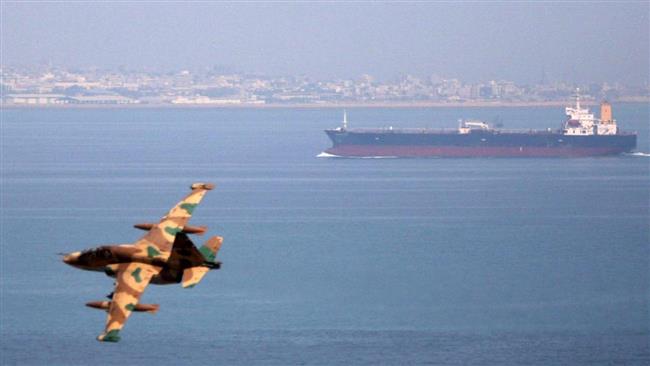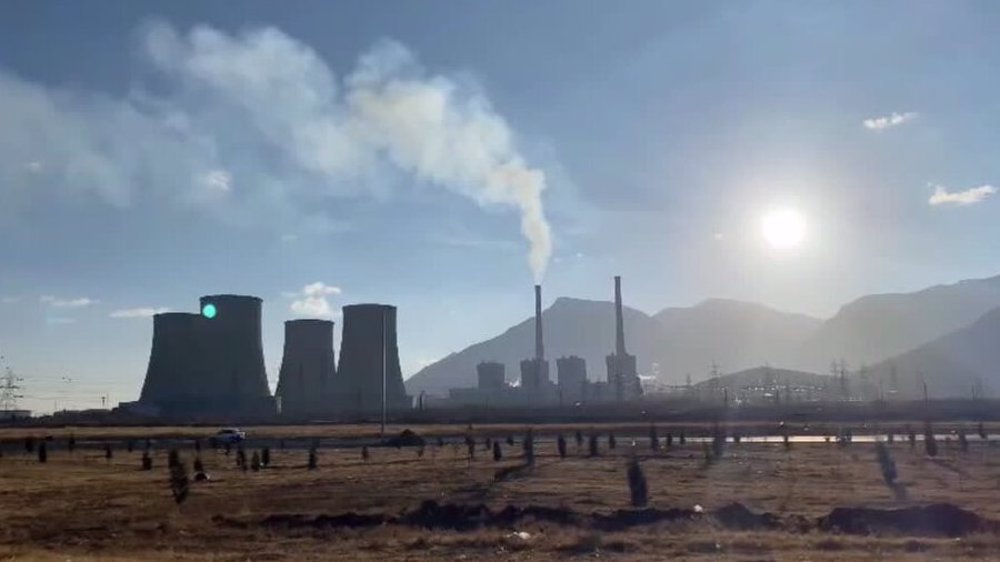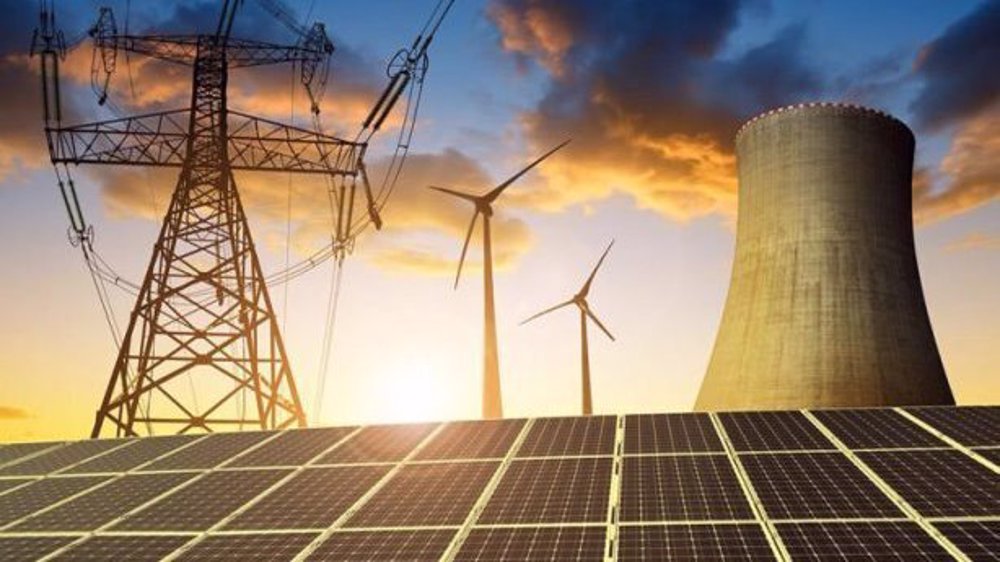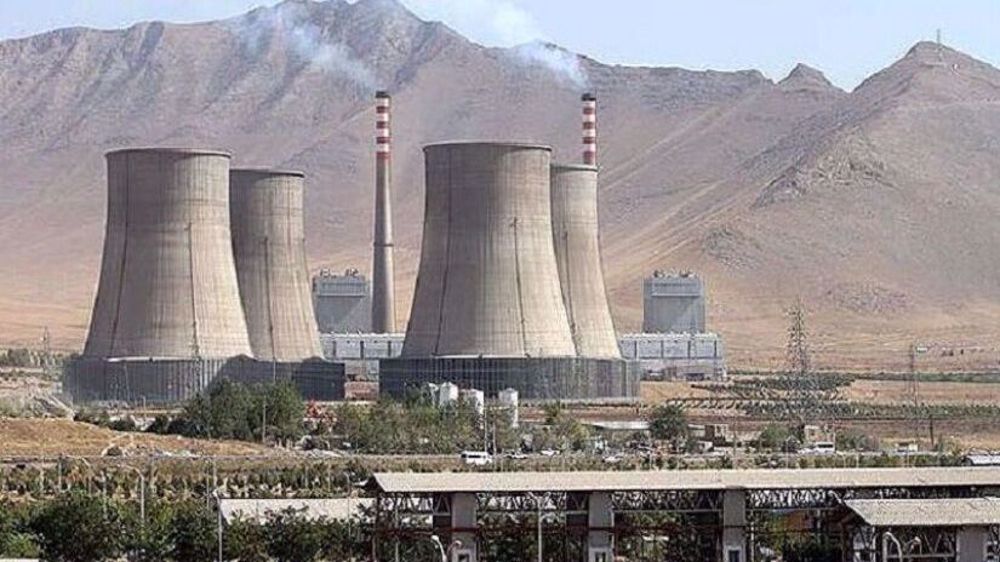Iran warns of fallout as Trump hints at oil embargo
Iran’s Minister of Petroleum Bijan Zangeneh says a possible boycott of the Islamic Republic’s crude oil as sought by US President Donald Trump would affect the market.
Trump issued a statement last Saturday, saying because there was enough supply of oil from other countries, it was possible to limit the purchase of oil and its derivatives from Iran.
“Iran's oil supply to the market is up to 2.5 million barrels a day, and the removal of this amount would definitely affect the market,” the Fars news agency on Saturday quoted Zangeneh as saying.
Trump’s remarks, the minister said, have had no impact on Iran’s oil trade so far and the exports are going ahead without any problem.
More than 60% of Iran’s crude oil is shipped to Asian countries and about 40% to Europe.
Zangeneh also said oil exports to India were moving ahead normally despite claims that Indian refiners had cut purchases from Iran amid a standoff over development rights to a giant gas field in the Persian Gulf.
The Indians have been demanding special treatment on the offshore Farzad B gas field which they discovered in 2008, but Iran has refused to submit to the demands.
“The Indians are buying oil from Iran, and there is nothing special in this regard,” Zangeneh said.

The US has been looming large on the future of Iran’s oil trade with India. Increased output from US shale producers has been a major bug-bear for traditional oil producers, hindering OPEC’s ability to eliminate the supply overhang and limiting the market upside.
OPEC and non-OPEC producers have been working for some time to restore the stability of the oil market. They are about to meet in Vienna next week to discuss a possible extension of production limits.
The unprecedented cooperation among the traditional rivals has helped the market rebound from its worst doldrums. On Thursday, oil hit two-year highs amid news that US crude stockpiles were declining.
Zangeneh said, “Most OPEC members agree with the extension of the oil freeze, but the final decision has to be taken at the OPEC meeting.”
Under the freeze program, producers have agreed to maintain their output at current levels after deciding in November 2016 to shave 1.2 million barrels per day off their production.
‘All wars have rules. All of those rules have been broken’ by Israel
VIDEO | Report flags India’s violation of rights of Rohingya detainees
Turkey's foreign minister meets Syria's de facto leader in Damascus
'Next to impossible' to rescue patients from Gaza's Kamal Adwan Hospital: Director
VIDEO | Vietnam current prosperity
Report blames gasoil exports for shortage at Iranian power plants
VIDEO | Hind Rajab Foundation names Israeli war criminals vacationing after Gaza genocide
VIDEO | Australians rally for Gaza ahead of Christmas festivities










 This makes it easy to access the Press TV website
This makes it easy to access the Press TV website